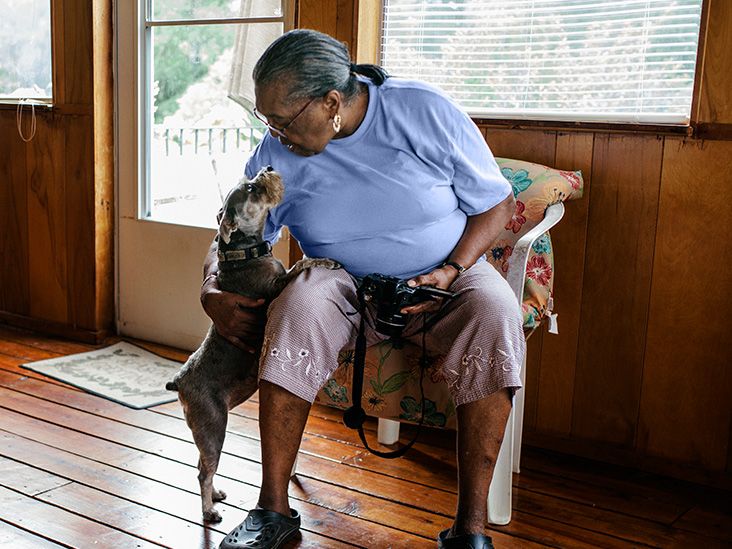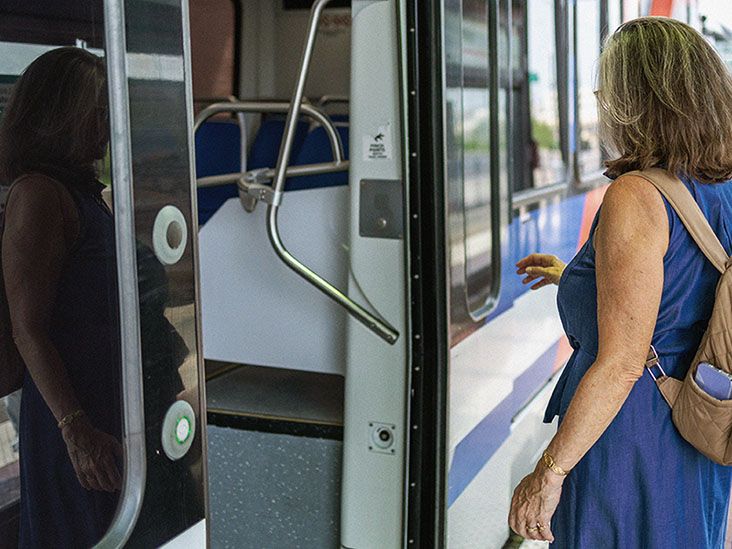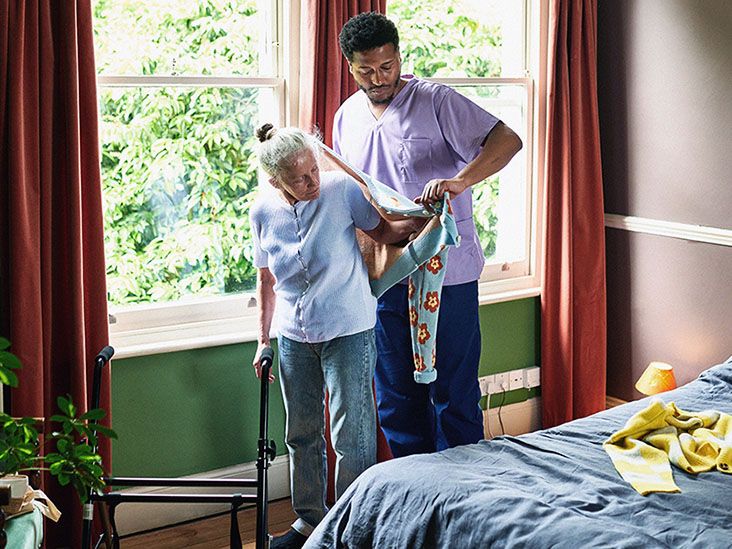Hey there we need to talk about something that feels a bit uncomfortable but is incredibly important: what happens when recovery needs more time and specialized care than your own home can provide?
Let me get right to the point: does Medicare cover convalescent care? Yes, it does! But like most things involving insurance, there are conditions, timelines, and yes costs involved. Let's walk through this together so you're not left navigating the maze alone.
Understanding Medicare Convalescent Care
First off, let's clear up a term you might hear tossed around "convalescent home." Honestly, it sounds old-fashioned, doesn't it? Almost like something out of a black-and-white movie. Well, here's the modern translation: a convalescent home is just another name for a skilled nursing facility (SNF). So when we talk about Medicare convalescent care, we're actually talking about coverage for stays in skilled nursing facilities.
Now, this isn't the same as long-term living assistance we're talking about temporary, intensive recovery care. Think of it like a pit stop on the road to full recovery. Maybe you've had major surgery, suffered a stroke, or are recovering from a serious illness. Your doctor says you're not quite ready to go home yet, but you don't need to be in the hospital anymore. This is where Medicare steps in.
The key difference here is that Medicare covers skilled care things like physical therapy, wound care, or daily nursing supervision. It does NOT cover custodial care, which is more about help with daily activities like dressing or eating. That's an important distinction, and one that trips up a lot of people.
Medicare Coverage Explained
Here's where we dive into the meat of things: what exactly does Medicare cover when it comes to convalescent care?
Medicare Part A that's the hospital insurance portion is what covers skilled nursing facility stays. And here's what that includes:
- Your semi-private room (yes, you'll likely be sharing with someone)
- All your meals (which, honestly, might be better than what you're used to at home)
- Skilled nursing care and therapy services we're talking physical, occupational, and speech therapy
- Medications and medical supplies provided by the facility
- Dietary counseling
- Medically necessary ambulance transportation
But and this is a big but it only covers these services when they're part of a short-term, skilled rehabilitation plan. This isn't a permanent living arrangement we're talking about.
Now, before Medicare starts covering anything, you've got to meet some pretty specific requirements:
| Requirement | What You Need |
|---|---|
| Medicare Part A | You must be enrolled and have days remaining in your benefit period |
| Hospital Stay | You need a minimum 3-day inpatient hospital stay (and I mean actual hospital admission, not just observation) |
| Timing | You must enter the SNF within 30 days of being discharged from the hospital |
| Medical Need | Your doctor must certify that you need daily skilled nursing or rehabilitation services |
| Facility Certification | The skilled nursing facility must be Medicare-certified |
Pro tip: Some Medicare Advantage plans might be a bit more flexible with that 3-day hospital stay requirement, so it's worth checking what your specific plan covers.
Understanding the Time Limits
Here's where things get a bit mathematical, but stick with me because this is crucial information:
Medicare will cover up to 100 days of skilled nursing care per benefit period. Think of a benefit period like a bucket once it's empty, you need a new one.
Now, here's the cost breakdown that every family needs to know:
- Days 1-20: Medicare covers everything. Zero out-of-pocket. How's that for a gift?
- Days 21-100: You're looking at a daily copay. In 2024, that's $209.50 per day. That can add up quickly!
- Day 101 and beyond: You're on your own financially.
This is where families often get caught off guard. They think, "Oh, Medicare covers it," without realizing there's a significant chunk of time where they're paying substantial daily fees. It's not uncommon for these costs to surprise people, so planning ahead is key.
Another important note: If you leave the facility and come back later, you might not get a fresh 100-day benefit period. You need a gap of at least 60 consecutive days without skilled nursing care to start over.
Beyond Medicare: Other Financial Helpers
Let's be honest those daily copays can be a real financial strain, especially if someone needs care for 60, 80, or even 90 days. So what other options exist to help cover convalescent home costs?
Medicaid is probably the biggest player here. This joint federal-state program can help cover long-term care costs for people with limited income and resources. The tricky part is that eligibility varies significantly by state, and some states have more generous income limits for skilled nursing care than others.
Long-term care insurance is another option, though it's one that needs to be purchased well in advance. If you (or a loved one) already have a policy, this could be a major help. These policies can cover both skilled care and custodial care, and sometimes even include benefits for assisted living or in-home care.
Interestingly, some life insurance policies offer riders or options that allow you to access the death benefit early for long-term care needs. It's definitely worth discussing with your insurance provider if this might apply to you.
Choosing the right facility is another crucial piece of this puzzle. Don't just pick the first one you find. Here's what I recommend looking for:
- Check out Medicare's Care Compare tool for star ratings and staffing information
- Visit at different times during the day and in the evening to get a true feel
- Ask about their therapy programs, infection control measures, and staff turnover rates
- Talk to current residents (if possible) and their families
I remember visiting facilities with my own grandmother years ago, and honestly, some places felt more like hotels while others had that unmistakable hospital smell. The difference was palpable, and it made a real impact on our decision.
Common Mistakes to Avoid
Let me share some scenarios where families lose Medicare coverage unnecessarily. It happens more than you'd think, and it's almost always preventable.
One big mistake is refusing therapy or skilled nursing services without a valid medical reason. Medicare is very clear that the care must be medically necessary, but if you start declining services, they might question whether you still need to be there.
Another pitfall is taking extended breaks longer than 30 days. Maybe you want to go home for the holidays or a family event totally understandable! But taking too long of a break can mean you no longer qualify for the same benefit period when you return.
And don't forget about that 60-day rule for resetting your benefit period. Some families assume that leaving for any length of time gets them a fresh start, but that's only true if they're gone for at least 60 consecutive days.
If Medicare does cut off your SNF benefits and you believe it's premature, don't panic you have the right to appeal. The process involves an independent reviewer who makes a quick decision, and best of all, there's no cost to file an appeal.
The Real-World Reality
Let me paint a real picture for you. Imagine Maria, a 75-year-old woman who broke her hip and spent five days in the hospital. She transitioned to a skilled nursing facility for physical therapy. Medicare covered her stay completely for the first 20 days. Then, from day 21 onward, she was responsible for the daily copay. She stayed until day 45 before returning home to recover. If she needed another skilled nursing stay after a couple of months, she'd start fresh with a new benefit period.
This is the kind of real-life scenario that families are dealing with every day. It's not just about the medical care it's about the financial planning, the emotional support, and the practical decisions about daily life.
And let's be real for a moment this isn't just about Maria or any individual. It's about families. It's about adult children trying to navigate the system for aging parents. It's about spouses supporting each other through recovery. It's about making decisions that feel right while also being financially responsible.
I've seen families bring their loved ones home too early because they were worried about costs, only to end up back in the hospital a week later. I've also seen families push for unnecessary extended stays because they didn't understand the coverage limits. The key is finding that sweet spot getting the care needed for proper recovery without going broke in the process.
Making Sense of It All
So what's the takeaway from all this information? Well, for starters, you now know that Medicare convalescent care covers up to 100 days, but there are conditions and costs involved.
You understand that you must meet specific eligibility requirements that 3-day hospital stay isn't just a suggestion and that the care must be skilled, not custodial.
You know about the daily copays that kick in after day 20, and you're aware that you might need to explore other financial options like Medicaid or long-term care insurance.
Most importantly, you know that this isn't a decision to make alone or in a panic. Whether you're planning ahead for yourself or helping a loved one navigate recovery options, take the time to research facilities, understand your coverage, and explore all available resources.
The path from hospital to home isn't always direct, and that's okay. Sometimes that stop at a skilled nursing facility is exactly what's needed for a safe, complete recovery. The key is being informed, prepared, and supported.
If you're in the middle of this process right now, take a deep breath. You're not alone. Reach out to your local State Health Insurance Assistance Program for personalized guidance, or visit Medicare.gov to verify your coverage details.
Recovery is a journey, and sometimes that journey includes a necessary detour through a skilled nursing facility. With the right information and support, you can navigate this path with confidence and care.
FAQs
Does Medicare pay for convalescent home stays?
Yes, Medicare covers up to 100 days of convalescent care in a skilled nursing facility per benefit period, but only after a qualifying 3-day hospital stay and with daily copays after day 20.
What is the difference between convalescent care and long-term care?
Convalescent care is short-term, skilled medical care for recovery after illness or surgery, while long-term care focuses on ongoing custodial support with daily activities, typically not covered by Medicare.
How much does Medicare cover for skilled nursing facilities?
Medicare pays the full cost for the first 20 days of convalescent care. From day 21 to 100, you'll pay a daily copay—in 2024, that's $209.50 per day.
Can I reset my Medicare SNF benefit period?
You can start a new 100-day benefit period only after being out of a skilled nursing facility for at least 60 consecutive days and having a new qualifying hospital stay.
What happens if I no longer qualify for Medicare convalescent care?
If you no longer meet the medical need or time requirements, Medicare stops coverage. You may then look into Medicaid, long-term care insurance, or private payment options.
Disclaimer: This article is for informational purposes only and does not constitute medical advice. Always consult with a healthcare professional before starting any new treatment regimen.
Related Coverage
Navigating Medicare in South Carolina doesn't have to be difficult. Get the facts on coverage options, enrollment tips, and more....
Find out if Medicare covers Uber rides for medical appointments and discover alternatives to make transportation easier and more affordable....
Protect yourself from Medicare scams with tips to recognize and avoid fraudulent calls, offers, and phishing attempts....
Get free rides and Medicare transportation benefits for seniors. Learn how to access covered services and stay independent....
Soothe anxiety and boost resilience with earthy, aromatic ashwagandha tea. Learn how the Ayurvedic adaptogenic herb relieves stress and fatigue plus simple homemade preparation....
Learn how to change Medigap policy without medical underwriting, when guaranteed issue rights apply, and steps to switch safely....
Find out how Medicare caregiver coverage works, who qualifies, what services are paid, and tips to avoid costly surprises....
Aging in place lets you stay in your home safely with the right planning, support, and simple modifications. Start your journey today....
When a loved one passes, Medicare after death stops immediately, but prior claims can still be filed. Learn how bills are handled....
Learn how to choose the best glycemic index (gi) brands of bread, cereal, pasta and more for managing blood sugar if you have diabetes or prediabetes....









